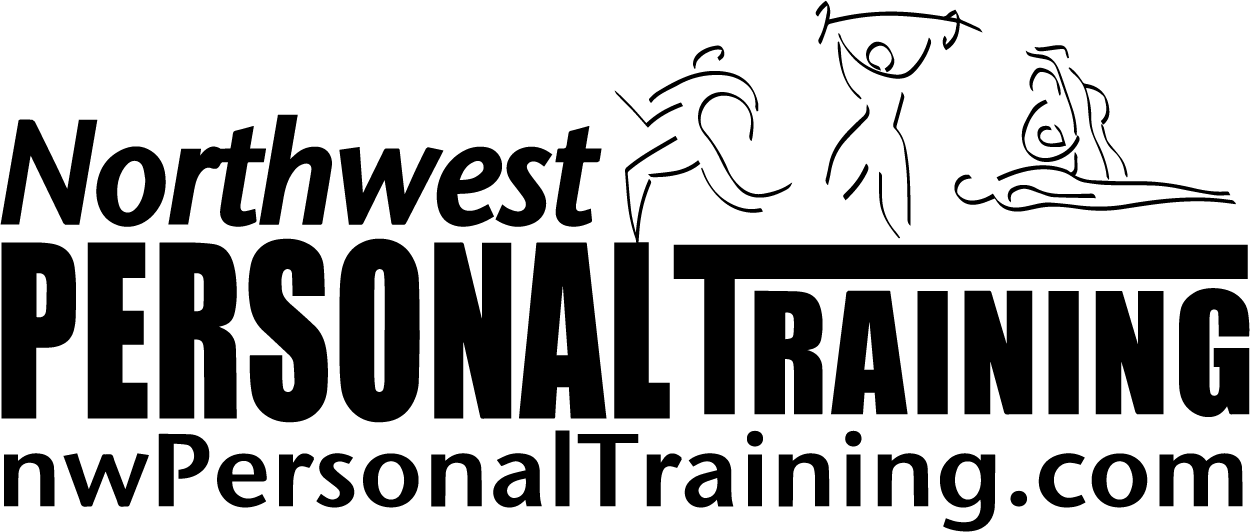 Soon I’ll be turning 50 years old. I’ve spent over 30 of those years working as a fitness trainer so I feel like there’s no better way to celebrate my 50th Birthday than a 50-day ‘Shape up with Sherri’ challenge. All I’m asking is for you to give me 50 days of clean eating and healthy living and see how you feel at the end of it.
Soon I’ll be turning 50 years old. I’ve spent over 30 of those years working as a fitness trainer so I feel like there’s no better way to celebrate my 50th Birthday than a 50-day ‘Shape up with Sherri’ challenge. All I’m asking is for you to give me 50 days of clean eating and healthy living and see how you feel at the end of it.
We’ll start on Tuesday January 21st and finish on Tuesday March 10th – my actual birthday. You can do this challenge from anywhere and regardless of whether you are following a vegetarian, paleo, keto, intermittent fasting, low carb, high carb, low protein, high protein, low fat, high fat nutrition plan. We will focus on the concepts that are consistent with most plans, move our bodies regularly and put our health and fitness as a priority for 50 days.
Don’t forget to sign up to automatically receive my latest blog post in your inbox!
Right at the top of the page.
We are doing a structured program at Northwest Personal Training, as our studio is also celebrating our 20th anniversary. You can do it with us officially at NWPT or just follow along on your own…
…following these most important principles below:
Water Intake
Commit to 100 ounces of water each day, Drink water before and with each meal and sip throughout the day. Purchase a large hydro-flask type water bottle to help you adhere to this tip.
Balanced Nutrition
Eat a balanced diet that is high in fiber content. Each macro-nutrient (protein, carbs and fats) all play a critical role in the overall functioning of our body. Any diet that severely restricts any of these nutrients has consequences and is often not sustainable for the long-term.
With that said, each of us is different and some of us will respond better with more or less protein, more or less carbs, and more or less fats.
The most common recommendations for overall health are:
45-65% carbohydrate intake
10-35% protein intake
20-35% fat intake
Although, more recent literature has suggested towards the higher range of protein and the lower range of carbs.
An easy allotment to manage would be:
50% carbs
25% protein
25% fat
It’s important to note that the Mediterranean Diet, a diet high in produce, fish, nuts, and low in red meat, sugar and saturated fats tends to get the highest marks in terms of ease to follow, nutritious, safe, effective for weight loss and protective against diabetes and heart disease.
It’s important to get in tune with your body to determine which nutrition approach seems to provide the best results while also making you feel great. If a certain diet produces results but you feel terrible, that’s not the way to go.
One suggestion – the more you can lean towards a plant-based diet, the better for your overall health. Every ‘diet’ that exists recommends more vegetables so if you can start there regardless of whether you eat meat or not, eat carbs or not…you will be on the right track. Each diet also recommends staying away from processed foods and refined carbs – so as much as possible get your macro-nutrients from their most natural source.
Control Portion Sizes
The key to healthy living and maintaining your ideal body weight is assuring you’re not consuming more calories than you’re expending. The key to fat loss is consuming less calories than you expend. It’s important to note that not all calories are equal. Some calories will fill you up, so it takes longer for you to get hungry again. Other calories won’t satiate you at all and you’ll be hungry in no time.
The key is consuming calories that are nutrient-dense and filling. This is where drinking a lot of water and eating a diet high in vegetables and fiber can help a ton. You can eat a lot more vegetables for the same amount of calories making you satisfied for longer. If you are trying to lose weight, try to provide a caloric deficit of about 500 calories per day. That tends to be not too uncomfortable and more sustainable. There are plenty of caloric calculators online to help you understand how many calories you need to consume to maintain or lose weight. You can go to our site here for any easy estimation.
I’ve personally had a lot of success with suggesting a 1800 daily caloric intake for clients. This would allow for three 500 calorie meals and two – 150 calorie snacks per day. You can adjust the allotment of calories throughout the day based on what works best for you, your lifestyle and schedule. Some of you may need more and some of you less calories but it’s a good starting point and easy to remember and manage.
Get Into a Fasting State For 13 Hours Per Day
Fasting and Intermittent fasting has become all the rage and comes in many forms. There is value in not eating for a certain amount of time but the healthiest and most sustainable approach seems to be a 13 hour daily fast. So what that means is if you stop eating at 7pm, you won’t eat again until 8am the next day allowing your body a full 13 hours to digest, repair and do it’s job. Note – It’s typically not a good idea to go to bed in a full state so try to stop eating three hours per bed.
Exercise Aerobically
3-6 days each week for 20-60 minutes each session at various levels of intensity. Walking, running, biking, swimming, rowing, stair-climbing, hiking, bootcamps, dancing will all do the trick. We shower everyday to clean the outside of our bodies – cardio exercise is like an internal shower! Try to sweat a bit everyday!
Strength Train
Condition your muscles with resistance training workouts for a minimum of 2-3 days per week. You can split this up for example by doing upper body one day and lower body the next so you may be strength training 4 days per week but just alternating muscle groups. Strive for a minimum of one set of 8-12 reps of a variety of exercises for 20-60 minutes. You can also workout with a trainer or take a group strength class to meet this requirement.
Set Up Your Lifestyle to Succeed
-
- Eliminate any unhealthy temptations from your environment (work, home, car) and replacing with healthy alternatives.
- Schedule Grocery shopping and meal prepping at least once per week to stock up on healthy choices and fresh fruits and veggies.
- If you are very busy and don’t enjoying cooking, consider a meal delivery service. Consider investing in an Apple watch or FitBit to track your daily workouts, caloric expenditure and steps.
- Get enough sleep (7-8 hours per night). Sleep is when your body recovers and repairs and a lack of sleep has been associated with weight gain.
- Control and manage your stress levels. Identify your stresses. Outline methods that help you to reduce your stress and practice them regularly. Stress has been associated with weight gain and other health concerns.
- Establish accountability – Workout with a trainer or friend, check-in with a nutritionist, schedule weigh-ins and measurements. Make sure you have systems set up so when your motivation waivers, you’ll stay the course.
That’s it. Can you give me this for 50 days and see what happens?!
If you’d like to do the official challenge with me at Northwest Personal Training, here’s the details. We launch on Tuesday January 21st at 6:45pm at our downtown studio. Bring your friends and family and let’s do this together!
Yours in health & fitness,
Sherri McMillan
 Join us for the Couve Clover Run (3, 7 & 10 Miles) March 22nd, 2020!
Join us for the Couve Clover Run (3, 7 & 10 Miles) March 22nd, 2020!
RUN, GIVE BACK & PARTY AT MAIN EVENT AND OTHER DOWNTOWN PUBS!
Join us for the 6th Annual Couve Clover Run and celebrate in your festive green while running or walking 3, 7 or 10 miles along an extremely fast and scenic course to support local charities! We will make you earn your post-event party but it will be off the charts hosted by Main Event and other downtown Vancouver Pubs & Breweries.


